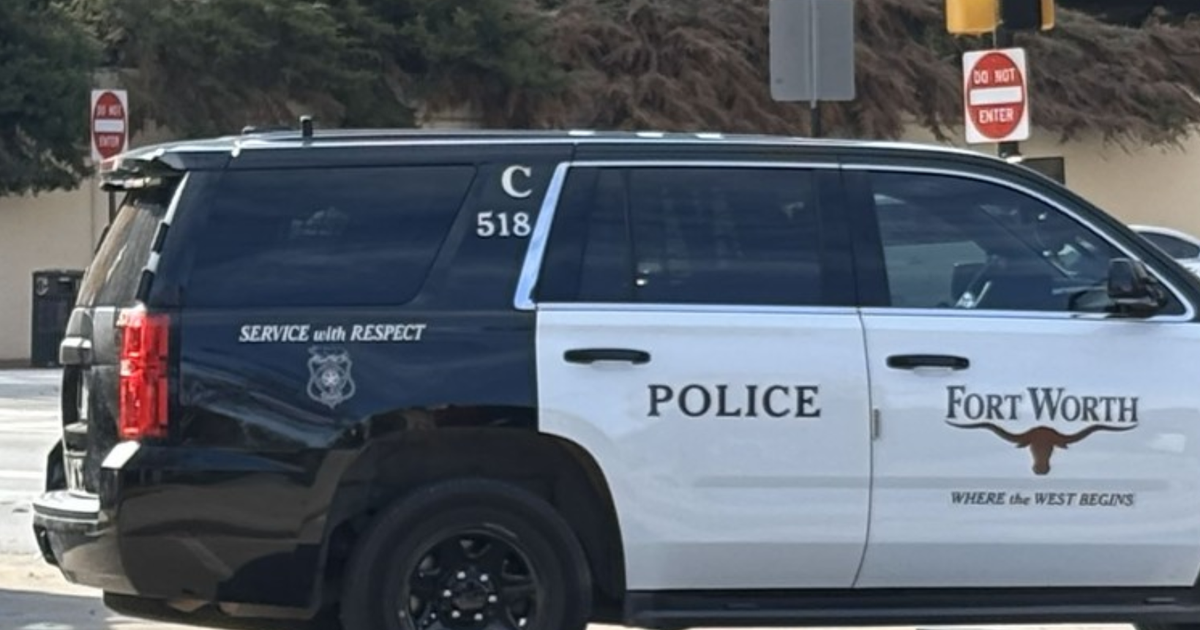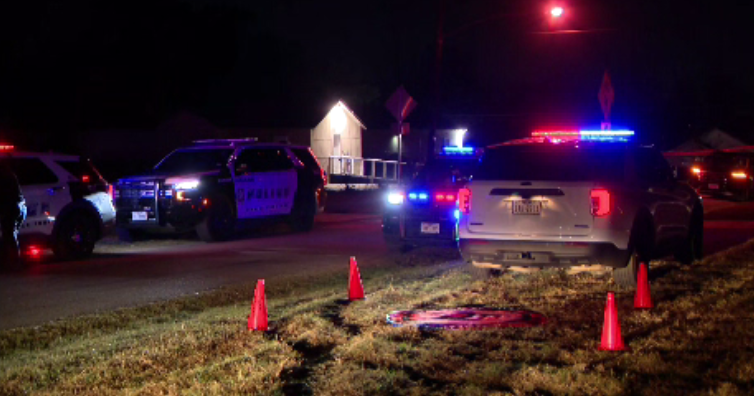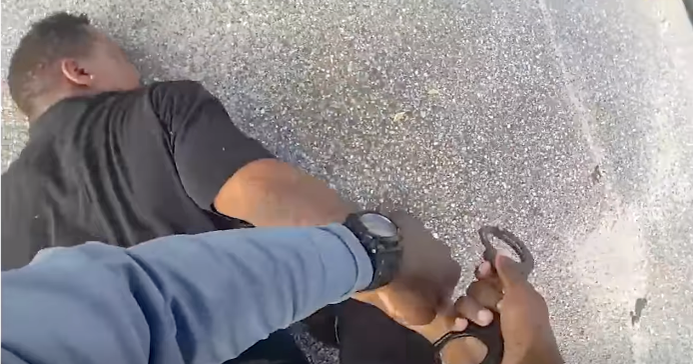How fentanyl has changed overdose investigations and the law
DALLAS (CBSNewsTexas.com) — In May of last year, two young boys fresh off a flight into Dallas Love Field approached police. Their father, who'd just met them at the airport, now lay slumped in a bathroom stall.
An autopsy later found the man died of fentanyl toxicity, and in the past, that's where the investigation might have ended.
Instead, it became one of the first cases tackled by the Dallas Police Department's new overdose unit.
"In the past, overdoses were handled by homicide," said Major Devon Palk, who oversees narcotics investigations.
A death investigation used to end with the determination someone had overdosed. Now, it's just the beginning as police seek to answer more difficult questions.
"What was the source of supply? Who was the dealer? Where did it come from?" he said.
Fentanyl is so pervasive and deadly—killing more than a thousand Texans a year—that it has changed how police investigate overdoses. Increasingly, departments are looking beyond who took the drug to who made it, trafficked it and sold it.
The Dallas Police Department shifted its strategy in 2021, launching its overdose unit with just one detective.
Today, the unit has four detectives and a sergeant with each detective handling about 30 to 40 cases, according to Palk.
More than half their cases this year have involved fentanyl.
"We've seen it in the numbers. It's getting worse," Palk said. "We're seeing it in the richest neighborhoods to the poorest neighborhoods. That's one thing that's kind of been unique with fentanyl. We're seeing it absolutely everywhere."
It reaches every age group, too.
"The youngest we had was a 2-year-old who ended up getting into some fentanyl that their parents had," said Palk.
This September, a new law took effect in Texas redefining fentanyl overdoses as poisonings.
It allows those found responsible to be charged with murder, and Dallas police intend to use it as a tool to hold drug traffickers accountable.
"I would imagine soon we'll have our first fentanyl murder case we'll be presenting to the Dallas County district attorney," said Palk.
In the Love Field case, the U.S. Attorneys Office says detectives traced the fentanyl back to the boys' mother, who'd hid it in their carry-on for their father to find.
She is now facing the possibility of more than a decade in federal prison, a lengthy sentence detectives hope will make others think twice.
The overdose unit works closely with federal partners in the U.S. Drug Enforcement Administration.
You can find more information on the lingo and emojis used by teens to discuss drug use, visit the DEA's website for parents here.







